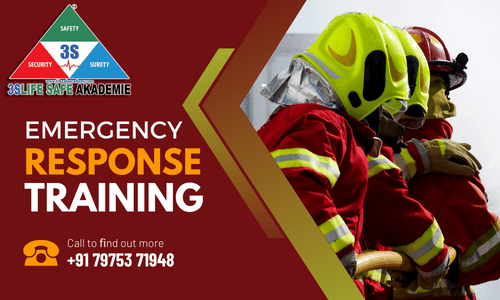

In today's ever-changing world, it is crucial to be ready for unexpected events. Whether it is a natural calamity, a health emergency, or a security danger, having a proficient Emergency Response Team (ERT) can make a huge difference in managing the situation. This extensive manual aims to offer vital details and approaches for training ERTs effectively, enabling them to tackle any circumstances with assurance and proficiency.
Emergency Response Teams consist of specialized individuals who have received training to promptly and efficiently address diverse emergency situations. The main goal of these teams is to lessen risks, guarantee the well-being and protection of individuals, and reduce the consequences of the crisis. ERT members encompass first responders, medical professionals, security personnel, and volunteers, all assigned specific duties and tasks.
Emergency Response Team (ERT) training is of paramount importance due to its critical role in preparing individuals to effectively respond to a wide range of emergencies. Through comprehensive training programs, ERT members acquire essential skills such as risk assessment, communication protocols, crisis management, and first aid techniques. This training enables them to act swiftly and decisively in high-pressure situations, mitigating risks, ensuring the safety and security of individuals, and minimizing the impact of crises. Furthermore, ERT training fosters teamwork, leadership, and adaptability, essential qualities for navigating complex emergencies. By investing in ERT training, organizations and communities demonstrate a commitment to resilience, preparedness, and the protection of lives and assets, ultimately contributing to a safer and more secure environment for all.







